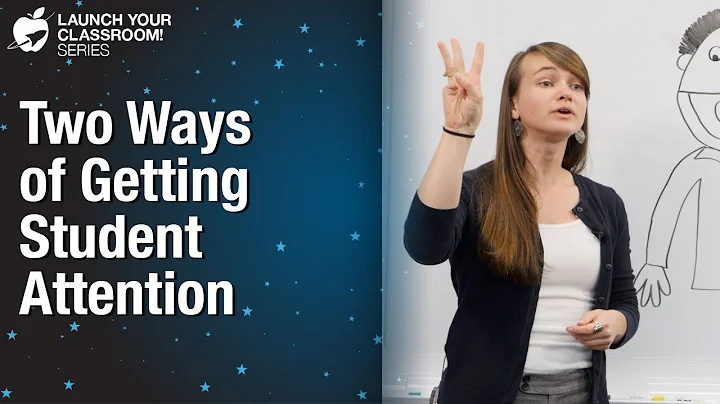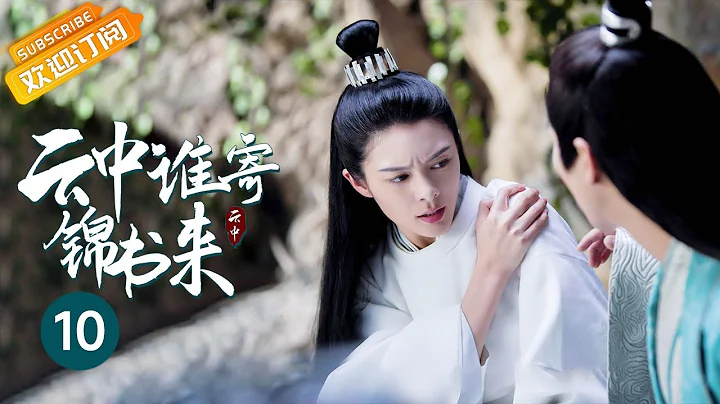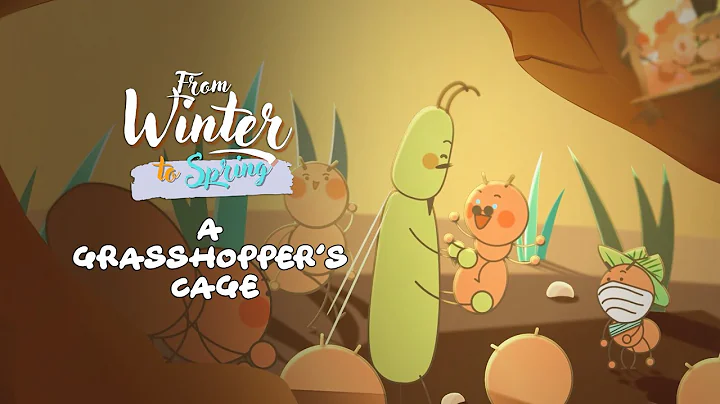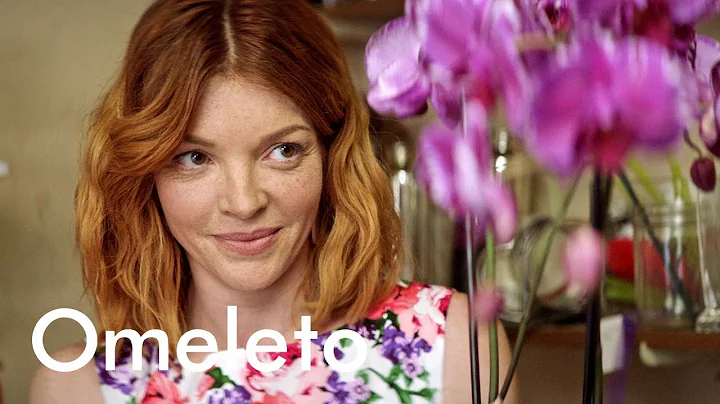"Help me, let me do it myself."
For Montessori teachers, this sentence is familiar. If you truly understand this sentence, then you must also understand the child. The "I" here of course refers to the child. Helping the child and letting the child do it by himself is a very complex and comprehensive proposition, and it is not as simple as imagined.
"Help me do it." and "Help me, let me do it myself." There is more than a slight difference between them.
Helping children in the eyes of ordinary parents:
I can help the child dress, feed him, bathe him, carry a kettle, and carry his school bag. I can help with all the things my child seems to be struggling with. It is understandable that these are indeed "helps", but they are excessive help.
Parents are often overprotective of their children, and overprotection sometimes becomes an obstacle to their children's development.
You can often see many phenomena of over-protecting children in life: helping him carry his school bag, helping him carry things, not letting the child do all housework, not letting the child come into contact with all sharp and electrified things, setting many rules and regulations, and not allowing the child to do anything. This, not allowed to do that, etc. Extreme parents want to create a "sterile" environment for their children, but such extremes cannot last a lifetime.
Because parents use their own thinking to help their children make many choices, they lose the opportunity to contact real life. Without these practical experiences, they will only become people who are content to live in the "safe environment" created by their parents. Many children don't even know how to tie their own shoes by the time they reach elementary school, but the real world has always existed and will not change because of parents' overprotection.

Picture source: Tongxin Tongyu Nursery Center
Really helping children:
Treat the child as an independent person, respect and meet the child's needs.
What adults have to do is to allow children to touch items that look dangerous in the correct way, show children how to use these items correctly, and give correct guidance (re-demonstrate correct usage) when children abuse items at will.
By establishing correct usage methods, children can use items that we think are dangerous within a safe range. This is really helping the children so that they can do it themselves in the correct way.
After a baby is weaned, parents are used to forcing small spoons filled with paste into his mouth instead of letting him try to eat by himself. They are afraid that he will spread the food everywhere, and that he will be burned or choked. , if you let the child sit on his own small table and give him enough time to eat by himself, we will immediately see that he will grab the small spoon with his little hands and bring it to his mouth.
What adults have to do is allow children to touch items that look dangerous, but they need to do so in the right way. Show your child how to use these items correctly and provide guidance (re-demonstrate correct use) if your child misuses items.
By establishing correct usage methods, children can use items that we think are dangerous within a safe range. This is really helping the children so that they can do it themselves in the correct way.
Observation and research have shown that with freedom, children will choose what they are interested in; because they are interested, they will do it repeatedly and become focused; in the long-term concentration, they will gradually perceive and grasp the laws of things, and be willing to If you follow the rules, you will have self-control.

Picture source: Tong Xin Tong Yu Nursery Center
How to specifically help children and let them do it by themselves?
 . Objective observation of children’s needs
. Objective observation of children’s needs
Observation is not simply looking, but needs to be objective, without personal subjective thoughts and assumptions. When looking at things, we usually add our own ideas unconsciously. Such ideas become unobjective after being translated by the brain.
Therefore, when observing children, you need to be objective and describe them objectively without bias, emotion, or inherent ideas.
The physical and psychological development speed of young children varies from person to person. However, the same thing is that in order for children to develop physically and mentally, they will have many internal rather than explicit needs. Intrinsic needs will lead to an individual's willingness to take the initiative to learn and explore, driving him to find what he wants to satisfy his growth needs.

Picture source: Tongxin Tongyu Nursery Center Picture source: Tongxin Tongyu Nursery Center Picture source: Tongxin Tongyu Nursery Center
 . Help children prepare the environment
. Help children prepare the environment
We all know every "job" in a Montessori environment ” has its own goals and logic behind it. Children need to start by choosing the appropriate "tool" and follow a certain sequence of steps to complete one thing completely, which is the development of fine motor, hand-eye coordination, sense of order, etc. Each job is placed in a separate tray for easy access by the kids.
These jobs are the environment that prepares children. When a child wants to develop an ability, he has suitable jobs that he can choose to practice, rather than when a child wants to develop an ability, the parents help him do it.

Picture source: Tongxin Tongyu Nursery Center
 . Stay patient and do not disturb excessively
. Stay patient and do not disturb excessively
Every child has his own unique development process. If they can follow their own pace, they will grow step by step. Adults are always used to judging children with their own vision and reference objects, being too eager and disrupting the pace of children's growth.
We should be patient as our children grow up and not disturb them excessively. When a child always fails to button up his clothes when he puts on clothes, what we need to think about is how to let the child understand the process of buttoning, find out the difficulty of buttoning for the child, and integrate the life skills and a series of actions that we take for granted. Take it apart and turn it into clear steps like the instructions, and demonstrate it to your children.
After the demonstration, don’t be sloppy, stand behind the child and continue to observe. Instead of interrupting him rudely, buckle it up for him.
 . Fact-based affirmation
. Fact-based affirmation
In addition to excessive help, excessive praise is also something that parents often fail to grasp. "You're awesome", "You're so smart", compliments like these that have no real meaning often appear in life.
When a child successfully completes something, he will feel great inner satisfaction and pride. At this time, adult affirmation is also very helpful for children, but this affirmation is not excessive praise, but an objective description based on facts.
When a child puts the thread through the eye of the needle, we can say that you have done it, you have put the thread through the eye of the needle. Instead of saying, you are great, you are so awesome!
Praise without factual basis may cause children to do things in order to gain the approval of others, and the purpose of the behavior will be deviated.

Picture source: Tongxin Tongyu Nursery Center
When we are able to "help him and let him do it by himself", we will see the child's continuous sense of satisfaction. Those conscious actions and work make him never tired of it. This This kind of repetition promotes children's development, and also allows children to build self-confidence and become independent.
To summarize, what kind of "not helping" should we use to really help our children: Carefully and objectively observe what the child needs at the moment, what he is doing at the moment, and see what things he has that his abilities really cannot achieve. Use Appropriate methods are used to help him solve these things that he cannot yet do, and the rest is left to the child to work hard, trial and error, and complete.
About Tongxin Tongyu
Tongxin Tongyu, a practitioner of high-quality childcare services, a cultivator of professional international teachers, and an advocate of scientific family parenting!
Tong Xin Tong Yu is a child care center built by many domestic and foreign infant and child educators. It is committed to creating a professional environment suitable for the development of infants and young children and supporting the healthy physical and mental growth of children. Provide regular lectures to parents to disseminate scientific parenting concepts and methods. At the same time, it is also a base for teaching demonstrations and teacher internships. Its purpose is to provide more community day cares with high-quality education and teaching demonstrations and teacher training. We have devoted ourselves to creating a multi-level and mature teacher training system, with special emphasis on teachers’ practical work ability. Since its establishment in September 2016, Tong Xin Tong Yu has 4 physical kindergartens in Beijing, covering community day care, corporate day care, commercial sports day care, kindergarten and child care integrated models.

Childlike Heart and Childlike Language Demonstration Day Care is a Montessori model day care built by infant and toddler teachers. It is a model day care of the AMS American Montessori Association Teacher Certification Training Center and an AMS member school. Childlike Heart and Childlike Demonstration Day Care adopts Montessori teaching, which is child-centered and respects children's nature and primitive power. The environment is clean, safe, friendly and inclusive. No matter which class type, it has a sense of beauty, design and order. In an environment prepared by teachers, children can choose their own work, explore freely, and learn spontaneously and actively.

The goal of childlike innocence and children's language in cultivating children is to cultivate their inner self and expand their outer world. Cultivate children to become the best version of themselves. They not only have a good cognitive level, but also have optimism, independence, self-confidence, studiousness, tenacity and problem-solving abilities. and other valuable non-intellectual qualities; outreach: Cultivate children to become useful members of society, acquire courtesy, empathy, cooperation and behavioral norms, so that children can happily integrate into society and become a positive social person.





















